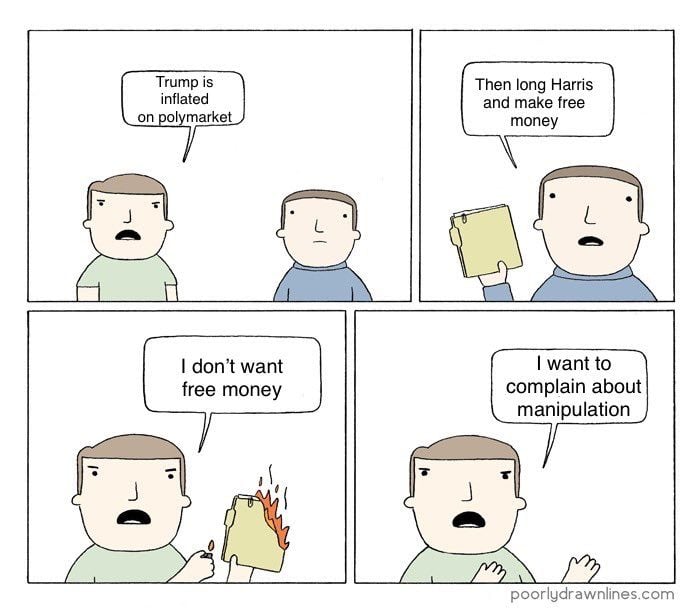Worldcoin, a controversial project that scans people’s eyeballs in exchange for cryptocurrency, has garnered attention in Chile, where over 200,000 individuals have participated. While some view this as a concerning step towards a dystopian future, others see it as an opportunity for easy money. Carlos Santibañez, a 29-year-old Chilean, had his eyeballs scanned in September 2022 primarily out of curiosity when the WLD token had no monetary value. Since then, he has earned over $150 in WLD tokens.
Worldcoin rewards users for sharing private information
One of the notable features of the project is that Worldcoin’s data collection is less invasive than that of other companies. This has helped participants feel they are benefiting from sharing information. Santibañez also mentioned the high-profile investors supporting Worldcoin as a factor that influenced his decision to participate. Currently, individuals receive 25 WLD tokens (approximately $42) for having their eyeballs scanned.
In some countries like Chile, this amount can be significant, given the minimum wage of $512 (or 460,000 Chilean pesos). Earning 8% of their monthly wage simply for a quick eye scan becomes an enticing proposition. Worldcoin has found success in emerging economies with economic struggles similar to Chile’s. For example, Argentina, grappling with high inflation rates, experienced a surge in sign-ups, with one registration every nine seconds on a particular day in August. In Kenya, where the minimum wage barely surpasses $100 per month, more than 350,000 registrations were reported.
However, Kenyan authorities later banned Worldcoin’s operations due to privacy concerns. In Chile, some participants are joining simply for the novelty of it. A 25-year-old student, Javier Santelices, admitted to not fully understanding cryptocurrencies but decided to give it a try when he encountered a Worldcoin stand. He emphasized that since most of his data is already collected by other companies online, this opportunity doesn’t feel much different.
Economic incentives and changing the perception of crypto
Remarkably, Worldcoin hasn’t faced widespread regulatory challenges in Chile, despite the substantial number of participants. The nation is known for its economic freedom and growing tech sector, leading in the Latin American Artificial Intelligence Index. The fact that 1% of the population has signed up for Worldcoin has surprised some observers. Francisco Díaz, a Chilean anthropologist specializing in DAOs (Decentralized Autonomous Organizations), expressed curiosity about the public’s perception of cryptocurrencies.
He highlighted that people initially dismiss the crypto world as a scam, only to later line up for what they perceive as “free money.” Díaz has been actively involved in talentDAO, a research collective studying these types of organizations for several years. He mentioned the evolution of DAOs, moving away from the old formula of issuing governance tokens without considering their necessity. Regarding Worldcoin’s success in Chile, Díaz believes that the economic incentive plays a significant role.
This is because when one considers the country’s minimum wage, the earnings are not insignificant. Worldcoin’s unique approach of scanning eyeballs in exchange for cryptocurrency has gained traction in Chile, attracting participants for various reasons, including the lure of monetary rewards, novelty, and the belief that data sharing is already prevalent in the digital age. Despite concerns in some quarters, Worldcoin has not faced significant regulatory challenges in Chile, possibly driven by the country’s economic climate and interest in emerging technologies.





